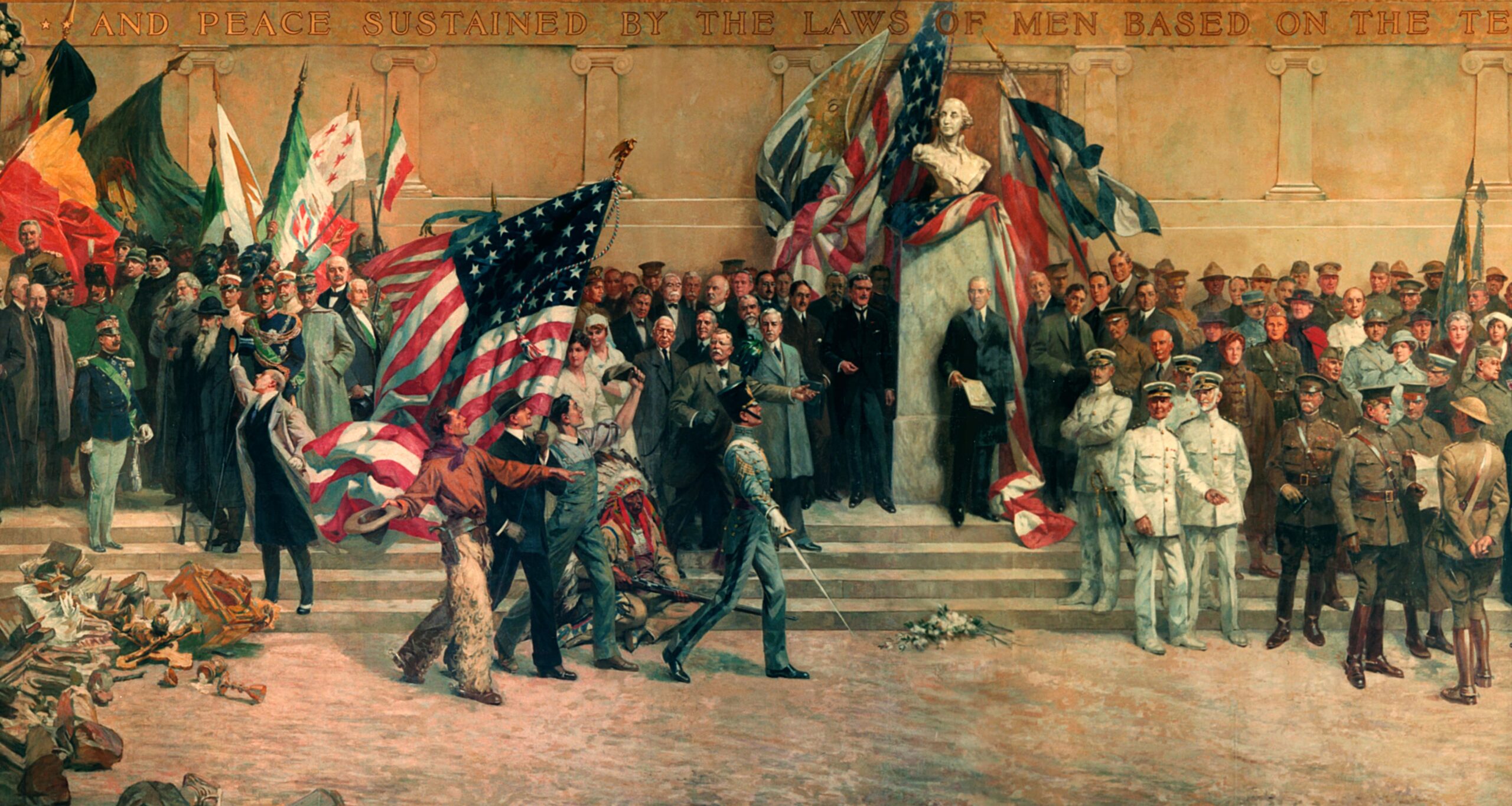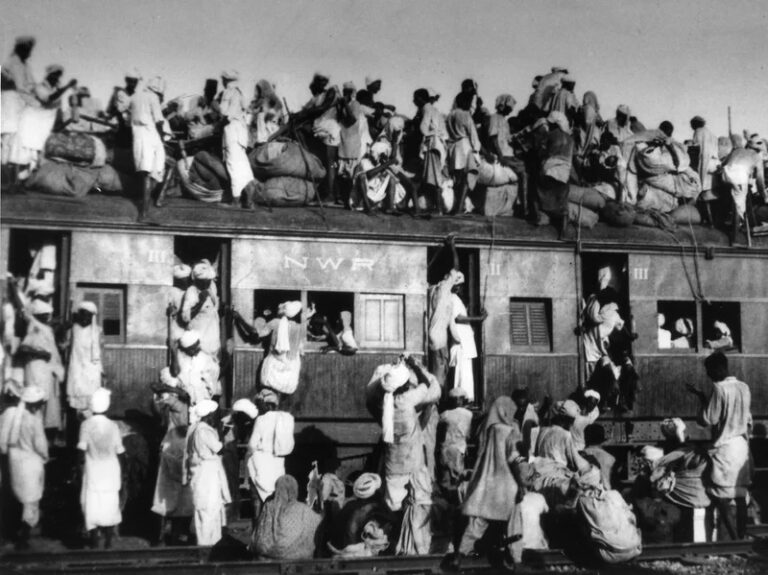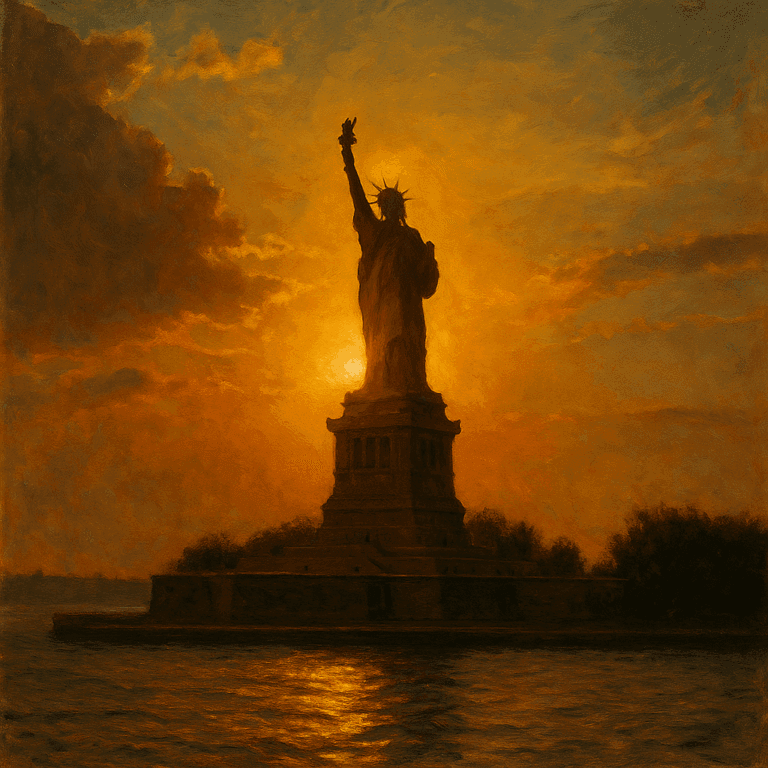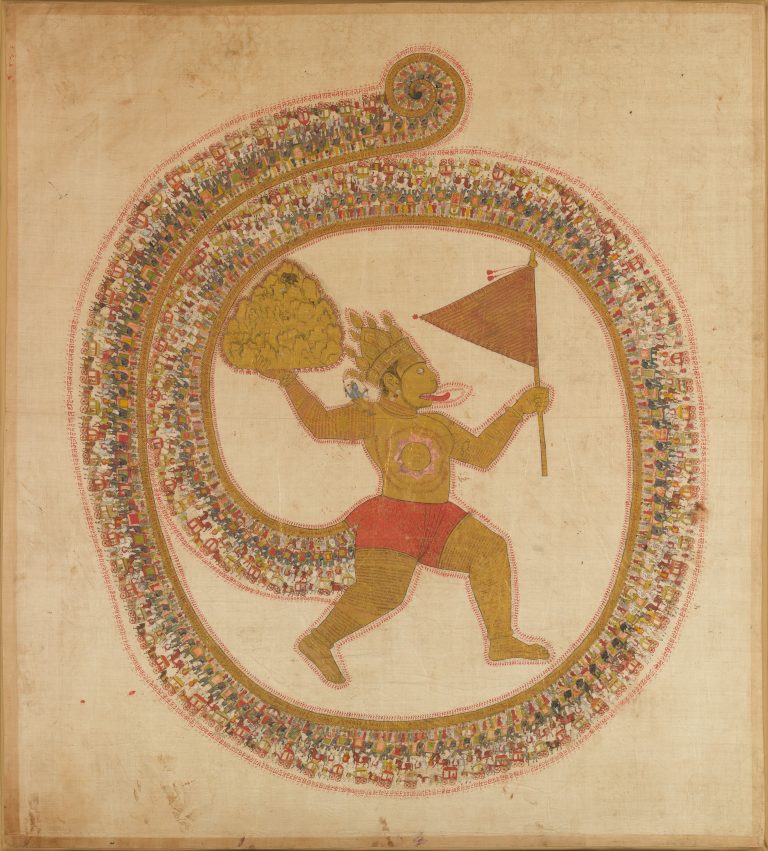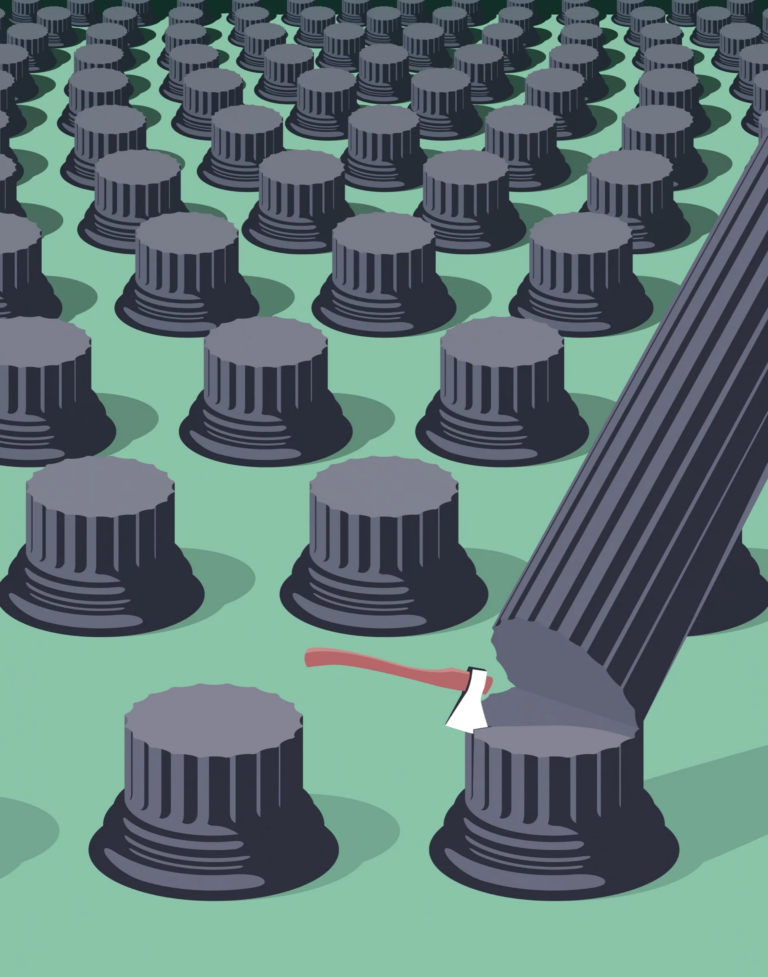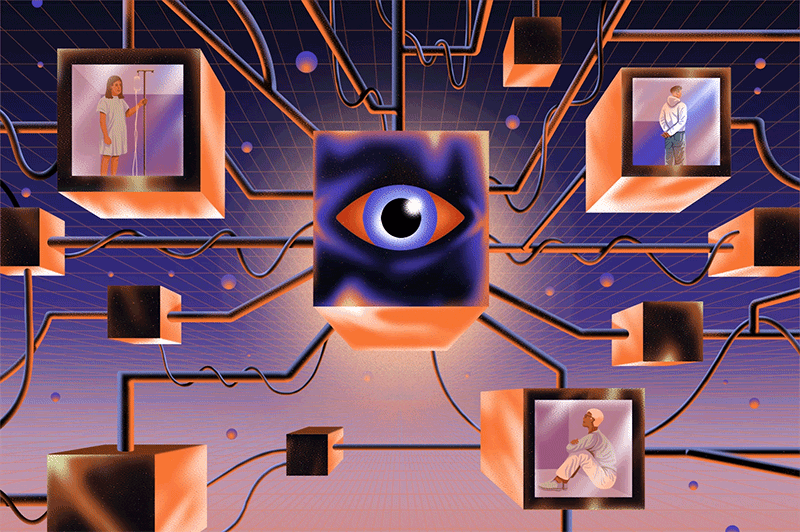Franklin Delano Roosevelt, in his inaugural speech, said, “The only thing we have to fear is fear itself.” Mr. Roosevelt propagated such whilst the United States and the entirety of the world were at a turbulent precipice; the zeitgeist gravitated towards two extremes, a schism of polar ideologies: either to cajole with the Bolsheviks in Russia and instill ethnonationalism as permeated by Nazis in Germany or, on the other hand, to vociferously augment legitimacy towards the very ideals that are taken for granted today, for truism, granted till yet—nevertheless, suffice to say, the maxim of liberty, justice, and equality for all, or commonly reverberated as a liberal democratic framework.
Hitherto, the latter school of thought prevailed, will it yet again?
Not to say the least, the predicament (the fascists; and other problems alike) withered away into the abyss, due to an arduous process, plainly speaking—the culmination of a noxious instance—war. To extrapolate, the cost was immense, and many still continue to pay the price in myriads of ways. However, the vilest act of humanity is to have the agency to kill, such that the Great War resulted in the death of 60 million individuals, a number greater than the population of Canada and equivalent to a multitude of developed major nation states (France, Italy, United Kingdom et al.).
That said, in a plethora of ways, there is a high degree of concurrence between the world of today and yesteryear, because of the likes of the amalgamation of great power conflict; disparity of income and wealth, and pertinent of all political movements that upend the conventional norms.
Therefore, the phenomenon—to sum up synoptically—is the rise of anti-establishment, mystic, nihilist, or, in other words, demagogues that vehemently detest the post-war global liberal order. I have mentioned these a gazillion times, but it is still worth reiterating nonetheless: such adverse sentiments, which are ubiquitous around the world, are in no sense whatsoever an aberration, or what a fringe minority of rabble-rousers allude to with a high notch of certainty as, lo and behold, “This is the end of [something/the world as we know]!”
ON A SIDE NOTE:
Fundamentally, the focal cerebral rationale behind immersing oneself in the eclectic tapestry of our past—history—is not to genuflect and thereafter zealously succumb to being a sycophantic devotee for individuals or dogmatic ideals; in lieu, it is to never gravitate towards the missteps taken in the past.
Our civilization is a continuum.
Change is imperative; albeit, inevitable.
Yet, schadenfreude, that is, gratification from others’ tribulation, is an overtly innate human attribute. Particularly, as nonchalantly echoed in the contemporaneous times—a zero-sum game.
Or, in many instances, whilst indulging in a discourse pertaining to the litany of qualms of a ‘society,’ the matter of fact is that, as there is a professed equilibrium in economic theories, suffice to say, such is not the case in actuality—in no sense whatsoever can a body politic achieve utmost prosperity, as nature itself encumbers the self from actualizing such. Nevertheless, (not to pontificate or ingeniously berate adherents of idealistic philosophical notions towards life).
Just whilst transcribing this treatise, Mr. Trump announced on the self-proclaimed ‘liberation day’—tariffs on all nation-states. Without hunching into the nitty-gritty of the policy (to know the underlying modus operandi of the tariffs, please read an intelligible treatise by Mr. Paul Krugman: LINK), bluntly speaking, such a policy will upend the prosperity of the past eight decades. Many berate the world as it is, especially the post-war liberal order, yet it is imperative to be cognizant that the post-war world was curated via the role of the United States as both the global ombudsman and leader of the free world; it not only enhanced technological prowess but also decreased the chance of armed conflicts, deflated child mortality, and emancipated many. For instance, the greatest redistribution of wealth from the rich to the middle class transpired during the 20th century. Furthermore, food, shelter, and a job were cemented as a right, not a privilege. The furtherance was not insular to economics but also social norms. Forget about partaking in a PRIDE parade in yesteryear; as recently as the 19th and 20th century, the only participants in elections were the aristocrats, and sadly, women did not legally have the prerogative to vote. Regardless of the many reasons to belittle and vilify past transgressions, to contemplate in reasoning is not to be in perpetual opposition.
Alas, many adhere to the dictum of schadenfreude, especially those who have usurped an insurmountable power. Their power is not confined to their policies; rather, they entail the ability to make ‘us’ inadvertently feel content from our own ordeal.
The situation at this juncture has to change for the good, though it will only after defenestrating the ingenuity of many, rightly speaking—us.
